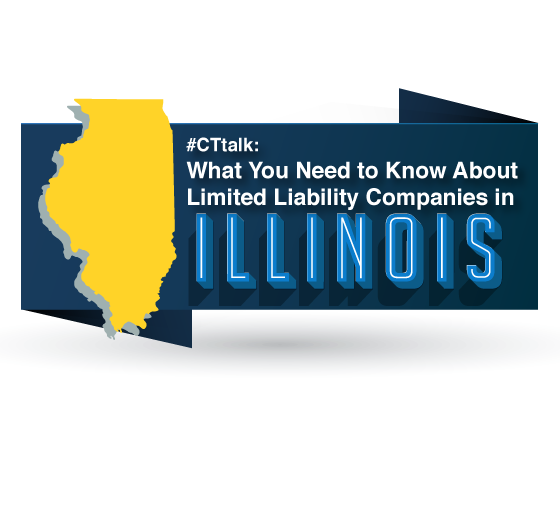By Ann E. Minarik
Assistant Vice President and Commercial Counsel
Chicago Title Insurance Company, Chicago NCS
DOWNLOAD ARTICLE HERE.
Introduction
Illinois was the 18th state in the Union to adopt a version of the limited liability company concept. The original Illinois Limited Liability Company Act (“ILLCA”) [1] took effect as of January 1, 1994. Since 1994, all 50 states have enacted similar legislation. The ILLCA is by no means a carbon copy of any other state’s version, and revisions to ILLCA, effective January 1, 1998, affect all Illinois limited liability companies (“LLC”) as of January 1, 2000. The most noteworthy revisions regard (1) permitting almost perpetual life for LLCs, (2) authorizing single-member LLCs and (3) permitting the conversion and merger of LLCs and other entities.
Illinois real estate practitioners have embraced the LLC concept, and the popularity of LLCs has grown steadily every year since 1994. A high percentage of commercial real estate transactions in which the parties would customarily have conveyed the land into land trusts, corporations or partnerships are increasingly using existing or newly-created LLCs. From a title company’s perspective, it is common to see single-purpose LLCs formed. An example of this is an LLC with a name bearing a property address, with the sole purpose of this LLC to acquire and manage this particular real estate. Members and managers of this single-purpose LLC may be members and managers of other similar single-purpose LLCs.
What is an LLC and what makes it so popular? How does it differ from corporations and partnerships, since it appears to be a blend of both? An LLC is an unincorporated entity and offers its members (with some exceptions) protection from personal liability for a debt, obligation, or liability of the LLC solely by being or acting as a member or manager.[2] Another attractive feature is favorable tax treatment. Although an LLC may elect to be taxed as a corporation, most LLCs are “pass through” entities. Typically, a multiple member LLC is treated for tax purposes, like a partnership with members paying federal taxes, and no federal tax owed by the LLC.[3] A single member LLC can be treated, for tax purposes, as a “disregarded entity,” with all tax ramifications reported by the sole member. LLCs offer flexibility in operation in that they may be managed by members, designated managers, or a combination of both.
When a new LLC is created, a document called Articles of Organization must be executed and filed with the Illinois Secretary of State’s office along with the appropriate filing fee. The Secretary of State’s form LLC-5.5 must be used. Articles of Organization contain information about the name, principal place of business, purpose of the LLC and the name of the registered agent. The LLC must contain one of the following designations in its name: (1) LLC (2) L.L.C. or (3) Limited Liability Company. [1] The LLC name cannot contain any word or abbreviation that confuses the LLC with any other type of entity such as (1) Corporation (2) Corp. (3) Incorporated (4) Inc. (5) Ltd (6) Co. (7) Limited Partnership or (8) L.P. The person who executes and delivers the Articles of Organization is called the organizer. (9) Company, except as part of the phrase “Limited Liability Company.” As with corporations, the name of the LLC cannot be a duplicate of an existing LLC filed in Illinois. If the LLC anticipates extensive out-of-state contacts, whether through expected real estate ownership or as an ongoing business, it is prudent to search the Secretary of State’s records in these other states to make sure the same name is not already in use. A box must be checked on the second page of the Articles of Organization form as to whether LLC management is vested in the member(s) or in designated manager(s). The ILLCA does not require management by members. As a result, members can manage the LLC, or they can appoint outsiders to manage the LLC. ILLCA allows the filing of Articles of Amendment to the Articles of Organization at a later time as needed.



